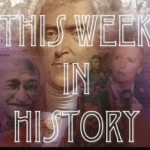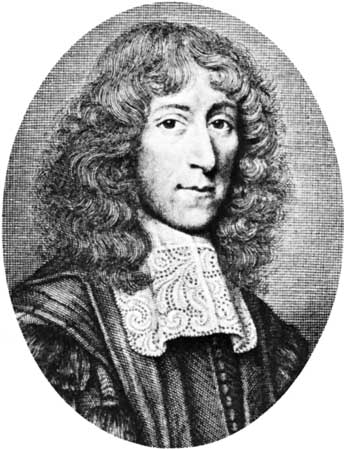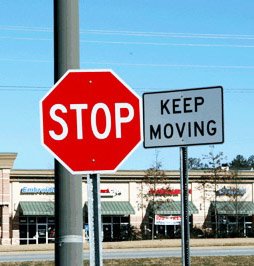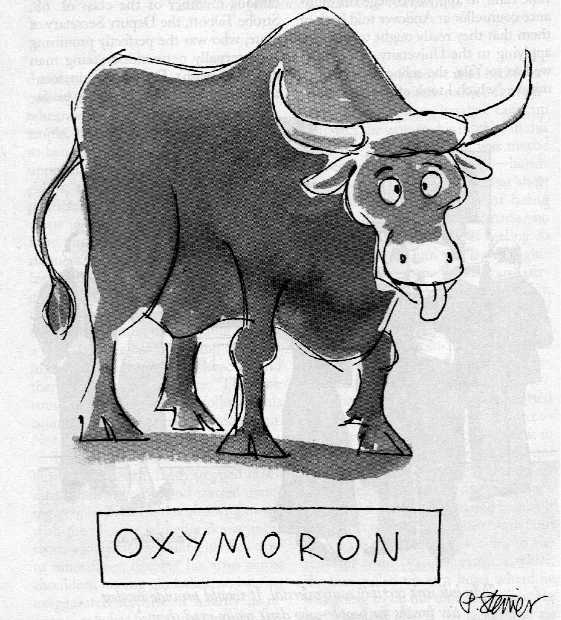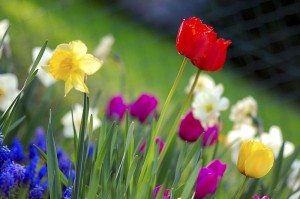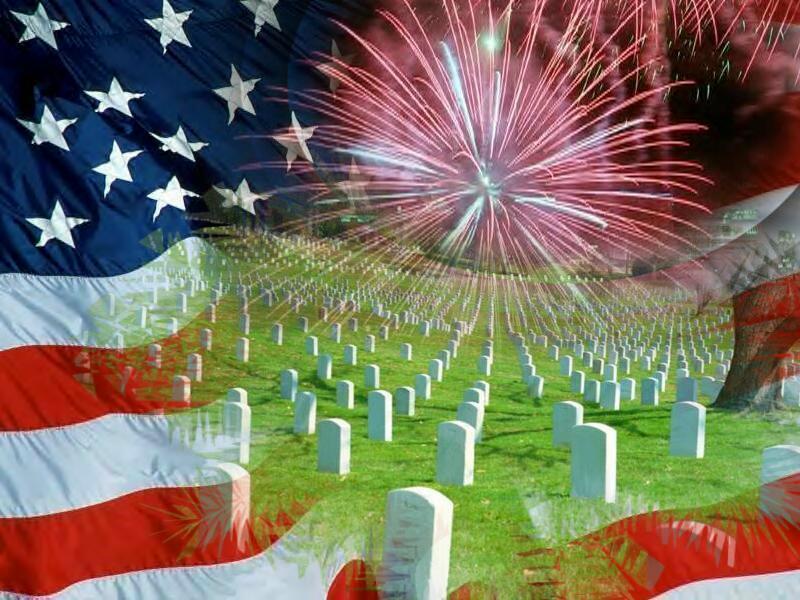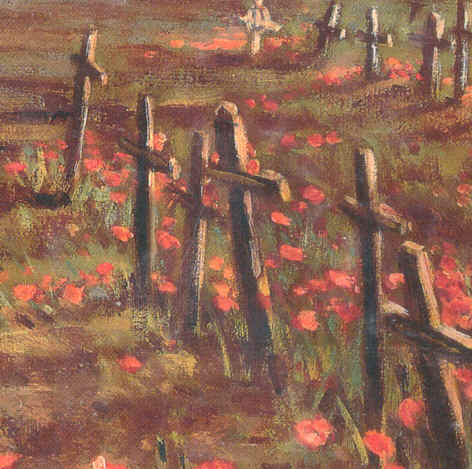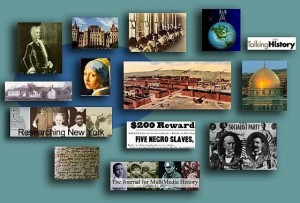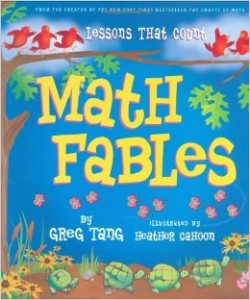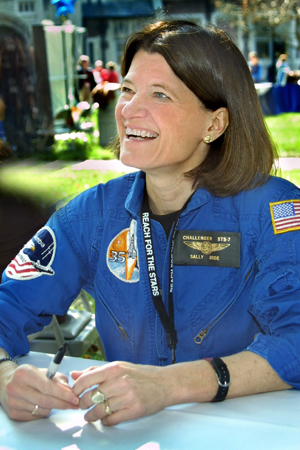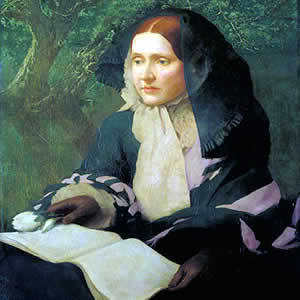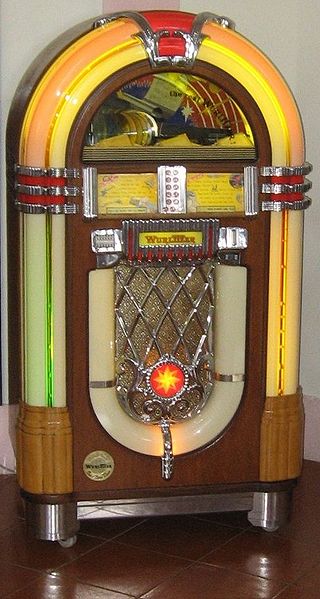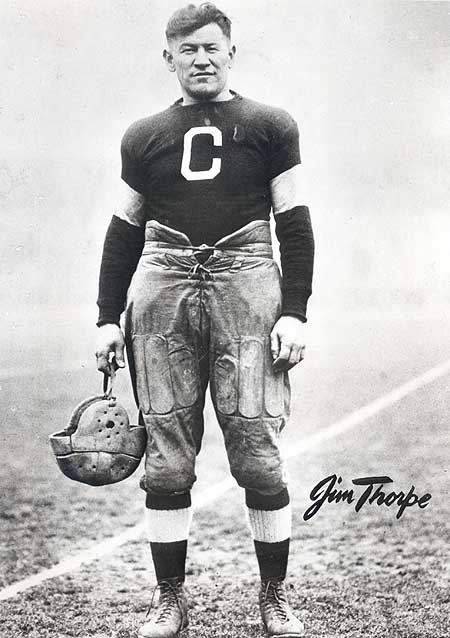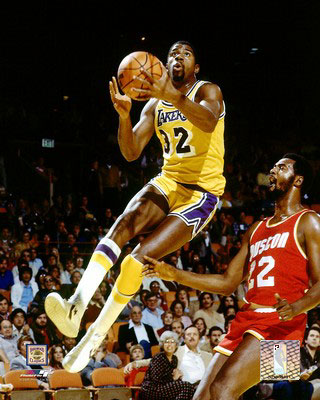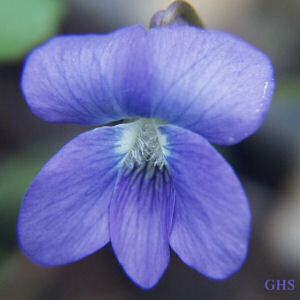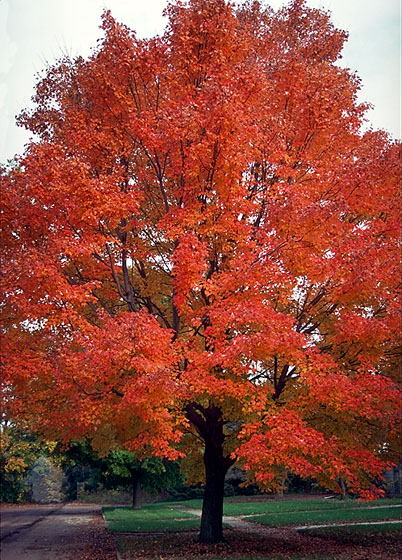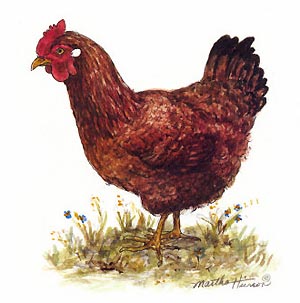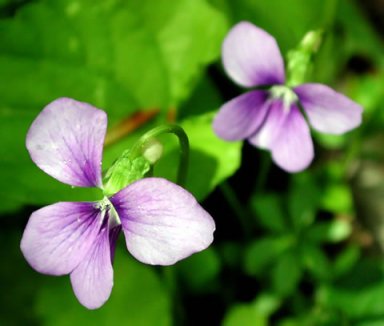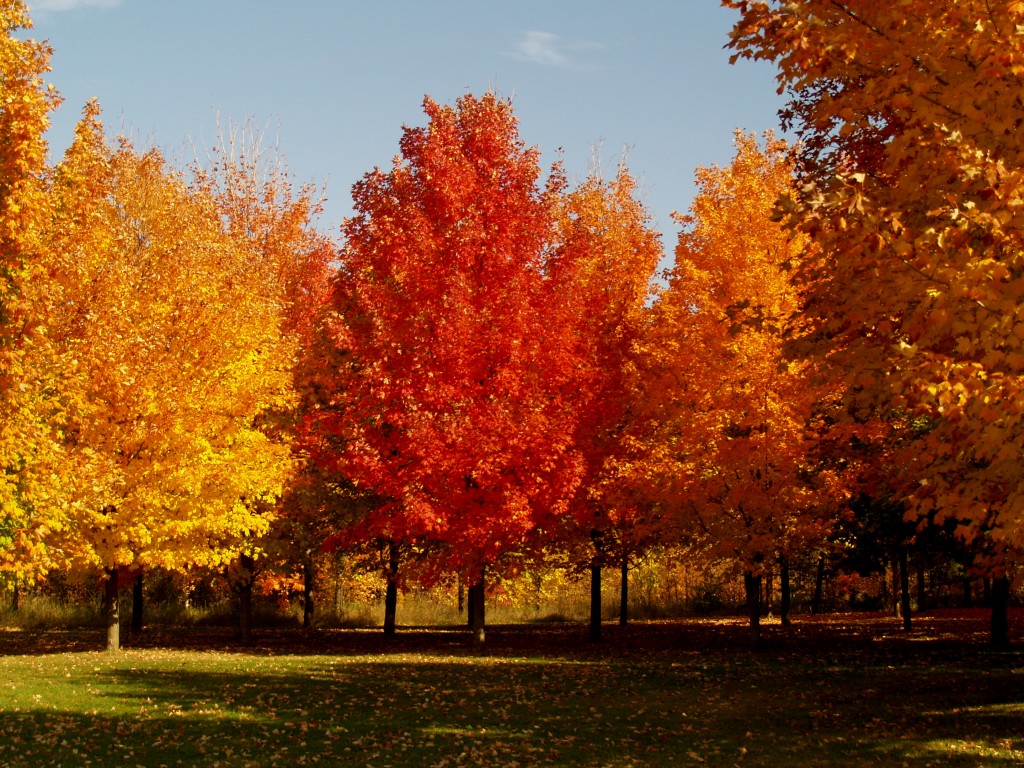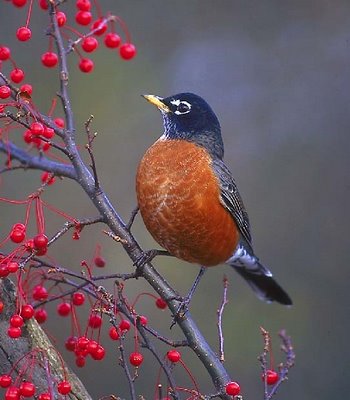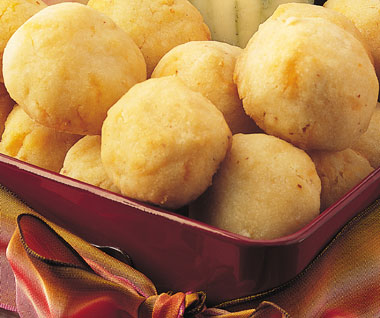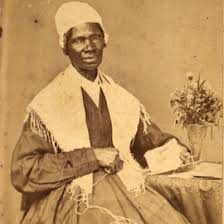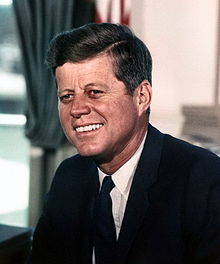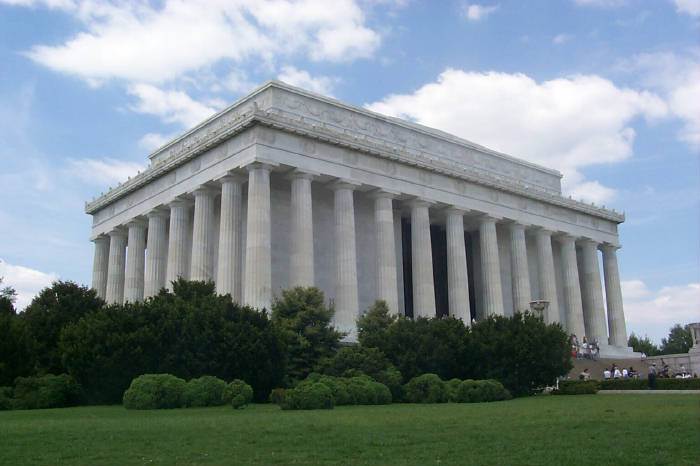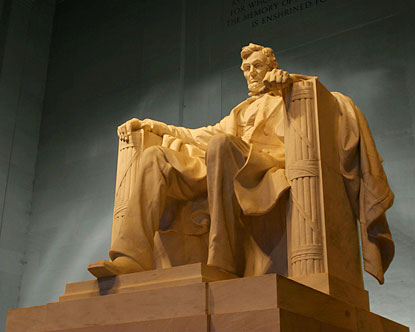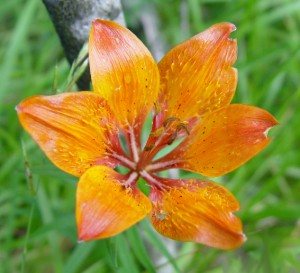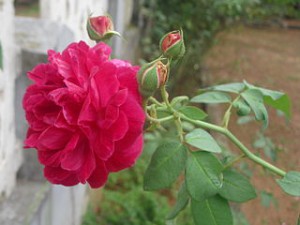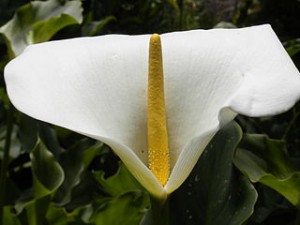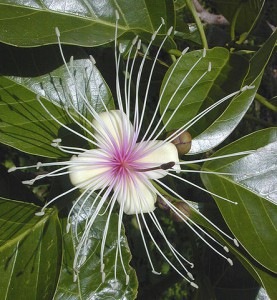May 24
Have you ever played with a candle and a jar?
What happens, and why?
If you’ve ever asked yourself that question, you’re not the first one. Today in history, we go back almost 400 years to someone who started to form the answers to those questions, and who gave us the building blocks to better understand the world around us – even the air we breathe!
1640: Birthdate of John Mayow
This Week in History exposes your child to new ideas and areas of learning.
 John Mayow was an English chemist and physiologist who, about a hundred years before Joseph Priestley and Antoine-Laurent Lavoisier, identified spiritus nitroaereus (oxygen) as a distinct atmospheric entity. He further recognized the role of oxygen in the combustion of metals. His medical writings include a remarkably correct anatomical description of respiration.
John Mayow was an English chemist and physiologist who, about a hundred years before Joseph Priestley and Antoine-Laurent Lavoisier, identified spiritus nitroaereus (oxygen) as a distinct atmospheric entity. He further recognized the role of oxygen in the combustion of metals. His medical writings include a remarkably correct anatomical description of respiration.
Resources:
Activities for research and experimentation:
- Do the candle experiment!
- Ideas for Oxygen Science Fair Projects (several by interest/ability)
- How does the oxygen cycle work in nature?
- Is there oxygen in water? Does some water have more oxygen molecules than others?
- What is the etymology of the word Oxy/gen? (Check your Latin and Greek roots.)
- Is “etymology” a new word for you? It’s a great one to be familiar with, and the study of word origins can greatly deepen your understanding of people, places, things and relationships. Plus, it’s fun!!
- Here’s a great resource for any time you want to study the history and roots of a word: Online Etymology Dictionary
- Okay, so what’s the etymology of the word etymology?
Greek roots are everywhere! There’s another pretty fun word using the root, oxys: oxymoron.
- What is an oxymoron? Here are some fun examples: This is one that fits my mood today: deliriously keen. What oxymoron describes you today?
- Make up some oxymorons and have some fun with it! Maybe illustrate a short picture book with them…?
(Get it?) 😉
Also on this day…
Hobbies are a great way to learn! What are some of your favorite hobbies?
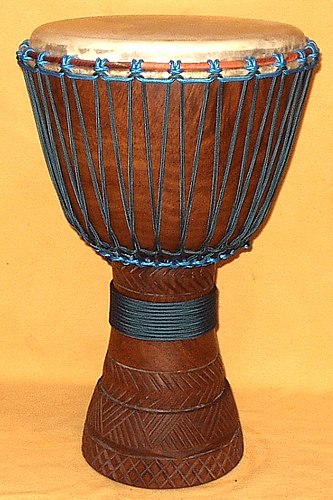
Resources:
May 25
Today is Memorial Day
This Week in History helps you make connections between the subject areas–from music to math, from geography to world cultures, from hobbies to science projects, and more.
Though spring doesn’t end until June 21, many people in the U. S. consider Memorial Day, which falls on May 25 this year, to be the real start of summer. To prove it, families will be heating up the grill, catching the biggest movies and enjoying the great outdoors. But Memorial Day has the word “memorial” in it for a reason.
The holiday got started on May 30, 1868, when Union General John A. Logan declared the day an occasion to decorate the graves of Civil War soldiers. Twenty years later, the name was changed to Memorial Day.
On May 11, 1950, the United States Congress passed a resolution requesting that the President issue a proclamation calling on Americans to observe each Memorial Day as a day of prayer for permanent peace and designating a period on that day when the people of the United States might unite in prayer. President Richard M. Nixon declared Memorial Day a federal holiday in 1971. Memorial Day is now observed on the last Monday of May. It is an occasion to honor the men and women who died in all wars. [Source]
Resources:
- Memorial Day
- About Memorial Day
- Poem: In Flanders Fields, historical context
- Abraham Lincoln’s Letter to Mrs. Bixby
In Flanders Fields
By: Lieutenant Colonel John McCrae, MD
(1872-1918) Canadian Army
In Flanders Fields the poppies blow
Between the crosses row on row,
That mark our place; and in the sky
The larks, still bravely singing, fly
Scarce heard amid the guns below.
We are the Dead. Short days ago
We lived, felt dawn, saw sunset glow,
Loved and were loved, and now we lie
In Flanders fields.
Take up our quarrel with the foe:
To you from failing hands we throw
The torch; be yours to hold it high.
If ye break faith with us who die
We shall not sleep, though poppies grow
In Flanders fields.
- What are Flanders fields?
- What is the symbolism of the poppy?
- What were the circumstances the author was in during the writing of this poem?
Also on this day..
Make some history!
A couple of times a month (whenever there is a light day when I don’t find much that really interests me to highlight for a “Today in History” article), we will take a little break to make some history of our own. There are lots of ideas here–choose a few for today, and when another “Make Some History” day rolls around, you can try some more…
[Subscribe to get the HUGE list of “Make Some History” content]
May 26 – June 1
National Spelling Bee Week!
The Scripps National Spelling Bee is coming up next week. Have you ever taken part in a spelling bee? They can be gut-wrenching, soul-stealing, cut-throat bloodbaths. Or, they can be confidence-building, community-strengthening, education-inspiring family-fun celebrations!
How to Run a Community Spelling Bee
One of my favorite books for family reading is Gene Stratton-Porter’s Laddie. A classic scene from this novel is the community spelling bee, where people of all ages participate, and two beloved community members are the last ones standing.
Several times over the years we’ve hosted a Community Spelling Bee, and it’s really fun! I like to set it up so that everyone is rooting for each other, and spelling is seen as a life-long pursuit of excellence, and not a win-lose proposition, where some have got the goods, and the rest pretty much stink. Wouldn’t it be wonderful if you could have a spelling bee where everyone figured out that spelling is fun, and they can have a great relationship with words, vocabulary and interesting expressions that lasts and continues to grow over a lifetime?
Resources:
- Rachel’s thoughts on how to run a Community Spelling Bee Celebration!
- Check your library to see if they have Akeelah and the Bee. It’s a fun movie about a girl in a spelling bee. (click the link for amazon info)
- Watch Spellbound, a documentary about a real spelling bee!
- National Spelling Bee – LOTS of great information!
- Spelling is no longer enough
- Spelling Bee Study Site
- Commonly Misspelled Words
- Frequently Mispronounced Words
- Stupidly Difficult Spelling Words
- Favorite Spelling Bee Words
- Scripps National Spelling Bee Words
- More Word Lists
This Week in History helps you mentor your students in the classics.
May 26
Also on this day in history:
Talk about a Wild “Ride”…!
1951: Birthdate of Sally Kirsten Ride
“All adventures, into new territory, are scary.”
–Sally Kirsten Ride
Sally Ride, born in Encino, California, became the first woman candidate to become an astronaut on January 16, 1978.
A graduate of Stanford University with undergraduate degrees in English and physics, and master’s and doctoral degrees in physics, Ride had not considered becoming an astronaut while choosing her courses. However, when she read in the campus newspaper that NASA was accepting astronaut candidates, she applied.
Although she mailed her application on a whim, she was one of the 35 applicants chosen from a field of 8,037.
In June 1983, she became the first woman in space when she traveled on the space shuttle Challenger with four other astronauts. Her second flight was October 5-13, 1984.
After serving several years on NASA commission, she left in 1987 to join the Stanford University Center for International Security and Arms Control.
Resources:
- Sally Ride Biography
- Sally Ride Explores the Air (YouTube – excellent)
- NASA Space Page (Love of Learning)
- NASA Space Page (Transition to Scholar)
- NASA Space Page (Scholar)
- The Best Dressed Astronaut storybook
- To Space and Back, Sally Ride
- Voyager: An Adventure to the Edge of the Solar System, Sally Ride
Questions for Discussion or Writing:
- In her childhood Sally Ride was a tennis star and seriously considered pursuing professional tennis as her career. How did her excellence and training in sports lend to her achievements in education?
- Was it luck that that NASA chose her out of 8,000 applicants?
- In recent years, Sally has focused on teaching youth about the importance of math and science. Why do you think she feels passionate about these areas of study?
- Do you study math and science?
- This is Sally Ride’s Website EarthKam, which she designed to intrigue middle & high school students to learn about science and space. What do you think of her website? Is her work inspiring to you?
- What are you passionate about? How are you preparing?
Space Activities:
- To remember the order of the planets use the phrase ‘My Very Eager Mother Just Served Us Nine Pizzas’ – the capital letters give the order of planets, beginning with closest to sun – Mercury, Venus, Earth, Mars, Jupiter, Saturn, Uranus, Neptune, Pluto.
- What happened to planet Pluto?
Printables & Activities for Core Phasers:
- Rocket Coloring Page
- Space Maze
- Astronaut Word Search
- Make a Space Shuttle Craft (paper towel tube & construction paper)
Here’s an interesting poem:
LAST LAUGH
The all laughed when I told them
I wanted to be
A woman in space
Floating so free.
But they won’t laugh at me
When they finally see
My feet up on Mars
And my face on TV.
-Lee Bennett Hopkins
May 27
1819: Birthdate of Julia Ward Howe
“I am confirmed in my division of human energies. Ambitious people climb, but faithful people build.”
–Julia Ward Howe
Born in New York City, Julia Ward Howe was a writer, lecturer, and social reformer. Moved by the plight of Civil War widows, she worked for women’s rights in the professions and business. She wrote various books of drama, verse, biography and travel.
Howe was instrumental in bringing about the recognition of Mother’s Day in America, and wrote the words to “The Battle Hymn of the Republic” to the tune of “John Brown’s Body” in 1861. It was published in the Atlantic Monthly and soon became the war song of the Union forces. She married Dr. Samuel Gridley Howe, another American social reformer.
Resources:
- Julia Ward Howe Biography
- Battle Hymn of the Republic (YouTube – excellent pictures)
- Other Poems by Julia Ward Howe
Historical Literacy Activity:
Cultural literacy is a key element in a statesman’s education. We can build on common knowledge only after we have a foundation of it.
- Julia Ward Howe lived during the time of the transcendentalist movement. What is transcendentalism?
- The Battle Hymn of the Republic was written to the tune of “John Brown’s Body.” Who was John Brown?
- During Julia Ward Howe’s lifetime what wars were taking place throughout the world? It might be useful to make a timeline of these wars.
- She was a famous suffragist. What was the suffrage movement? Can you name other notable suffragists?
Also on this day in history:
It looks like a great day for a musical invention!
This Week in History relieves stress and burnout.
1796: U.S. Piano Patent
The first U.S. patent for a piano was issued to James Sylvanus McLean of New Jersey, for “an improvement in piano fortes.” Pianos had been imported, until the first one, a square, was made in America in 1775 by Johann Behrent, a German immigrant in Philadelphia. The first important maker was Charles Albrecht in the same city, who, from about 1790, made close copies of English designs. The first piano-like instrument known in the U.S. was a spinet built by John Harris.
But the Piano isn’t the only musically historic event of today…
1890: First Jukebox
Two U.S. patents for the first jukebox were issued to Louis Glass and his business associate, William S. Arnold concerning a “coin actuated attachment for phonographs.” Their first jukebox was a coin-operated Edison Class M Electric Phonograph with oak cabinet placed in the Palais Royale Saloon in San Francisco. This was before the time of vacuum tubes, so there was no amplification. For a nickel a play, a patron could listen using one of four listening tubes. Source.
Resources:
People do some pretty amazing things on the piano. Check out this video of Five guys playing one piano.
May 28
This Week in History motivates you and your students to greater excellence.
1886: Birth date of Jim Thorpe
“You, sir, are the greatest athlete in the world. I would consider it an honor to shake your hand.” — King Gustav V at the 1912 Olympics in Stockholm
Jim Thorpe was one of the greates all-around athletes in history. Born near Prague, Oklahoma, Thorpe began his athletic career at the Carlisle (Pennsylvania) Indian Industrial School. There he led the small school to national fame in American football. Among his many athletic accomplishments, Thorpe played major league baseball, professional football, and excelled at track and field events.
Resources:
- Jim Thorpe Biography
- World’s Greatest Athlete (YouTube)
- Jim Thorpe: Olympic Champion (Childhood of Famous Americans)
- Jim Thorpe’s Bright Path, Joseph Bruchac
- Study Guide (pdf download)
Activity for Discussion or Writing:
- What are some problems you have faced? How did you resolve them?
- What is excellence? What things do you excel at?
- Have you ever been away from your family for more than a few hours? How did you feel? What do you think it would it be like to go to a boarding school away from home at age six?
- Why is education important? How can it make a difference in your life?Why is cultural heritage important? How do you celebrate yours? How do customs and traditions get passed on in your family?
- What is a biography?
- Why are biographies of interest to readers?
- What biographies have you read?
I love the following thoughts:
Adversity cause some men to break; others to break records.
-William A. Ward
Sweat plus sacrifice equals success. -Charlie Finley
My motto was always to keep swinging. Whether I was in a slump or feeling badly or having trouble off the field, the only thing to do was keep swinging -Hank Aaron
The will to win is important, but the will to prepare is vital. –Joe Paterno
Ask not what your teammates can do for you. Ask what you can do for your teammates. -Magic Johnson
Luck is what happens when preparation meets opportunity. -Coach Darrel Royal
I always felt that my greatest asset was not my physical ability, it was my mental ability. -Bruce Jenner
Also on this day…
Flashback!
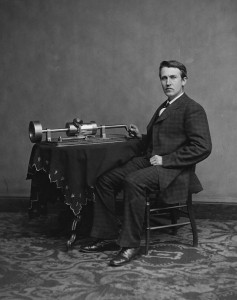 What did Thomas Edison recite in the first recording of the human voice? Answer.
What did Thomas Edison recite in the first recording of the human voice? Answer.
May 29
1790: Rhode Island became the thirteenth state to ratify the Constitution of the United States of America.
Flower: Violet
Tree: Red Maple
Bird: Rhode Island Red
Resources:
- Rhode Island Kid’s Page (They take this site seriously! There’s a whole slew of wonderful resources here. rd)
- Rhode Island in the Revolutionary War
- Rhode Island in the Civil War
- Roger Williams Biography
Activity for Writing or Discussion:
- Why did Roger Williams leave Massachusetts? How did his conviction that Rhode Island should be a secular state influence Thomas Jefferson and the Constitution?
- Who was Anne Hutchinson? What makes her such a unique historical figure?
- Nathanael Greene was George Washington’s second-in-command. What qualities did he have that made him so invaluable to General Washington?
- How did Rhode Island get its name and how does it relate to the Aegean Sea?
- What major events took place in Rhode Island during the Revolutionary and Civil Wars?
Printables:
- Rhode Island Word Search
- Rhode Island Vocabulary
- Rhode Island Crossword Puzzle
- Rhode Island Challenge
- Rhode Island Alphabet Activity
- Rhode Island Draw and Write
- Rhode Island State Bird and Flower Coloring Page
- Rhode Island State Tree Coloring Page
- Rhode Island Seal Coloring Page
- Rhode Island Map
Source: about.com
Also on this date in history…
1848: Wisconsin became the thirtieth state of the United States of America.
Flower: Wood Violet
Tree: Sugar Maple
Bird: Robin
Resources:
- Wisconsin Historical Society (online links)
- Wisconsin fast facts
Learning Activities:
- Wisconsin is famous for its cheese. How is cheese made?
- Which of the Great Lakes border Wisconsin? I loved this site on exploring the shipwrecks of lakes ____ & ___.
- Wisconsin’s official state animal is the B____?
- Wisconsin’s agriculture provides our nation with some of our staple foods. Can you name 5 of them? (pdf download)
- Wisconsin is known as “Little _?_.” What is Wisconsin’s heritage? Why did people from these regions immigrate to Wisconsin?
Printables:
- Wisconsin Word Search
- Wisconsin Vocabulary
- Wisconsin Crossword Puzzle
- Wisconsin Challenge
- Wisconsin Alphabet Activity
- Wisconsin Draw and Write
- Wisconsin Bird and Flower Coloring Page
- Wisconsin Capitol Coloring Page
- Wisconsin Court of Honor Coloring Page
- Wisconsin Map
Source: about.com
And speaking of delicious Wisconsin cheese, this looks like a fun kitchen project. You can make the cheese balls from here.
Also on this date in history…
This Week in History helps you meet your state or provincial requirements.
1851: “Ain’t I a Woman?”
On this date in 1851, Sojourner Truth delivered her famous oration to a crowd in Akron, Ohio.
Resources:
- About Sojourner Truth
- Online Autobiographical Narrative of Sojourner Truth
- Article by Harriett Beecher Stowe describing her meeting with Sojourner Truth
- Sojourner Truth Biographical Site (some great resources here)
- This Far By Faith: Sojourner Truth
- Teacher resources and project/discussion ideas (pdf download)
- Text of “Ain’t I a Woman?”
Sojourner Truth’s famous oration is often performed. Here is one version (please preview the text in the link above before showing it to your children; some may find it sort of…heavy?):
Also on this date in history…
1917: Birthdate of John Fitzgerald Kennedy, thirty-fifth president of the United States
“And so, my fellow Americans: Ask not what your country can do for you – ask what you can do for your country.”
President John F. Kennedy
Born in: Brookline, Massachusetts
Occupation: Congressman, senator
President: 1961-1963, Democrat
Died: November 22, 1963, Dallas, Texas; buried in Arlington, VA
About Kennedy
- Son of wealthy, politically involved parents
- PT boat commander in World War II
- Won 1957 Pulitzer Prize for Profiles in Courage
- First Roman Catholic president. Won election by narrow margin of 118,550 votes.
During his term:
- Started “New Frontier” program of social legislation
- Encouraged southern black voter registration
- “Bay of Pigs” invasion of Cuba and Soviet missile crisis
- Assassinated in Dallas on November 22, 1963
Resources:
- The Significant Events During JFK’s Presidency (weblinks)
- Selected Speeches of JFK (weblinks)
- Raising Children in the White House
- Who Was John F. Kennedy?: Who Was…?, McDonough
- John Fitzgerald Kennedy: America’s Youngest President (The Childhood of Famous Americans Series, Frisbee
- Time For Kids: John F. Kennedy: The Making of a Leader
Activities for Writing or Discussion:
The Kennedy family in the White House was considered an American Fairy Tale. It had all the key elements to make a terrific story: a dashing young president, his beautiful wife, a grand home, and the adventures of leading the most powerful nation on earth.
- It might be fun to take a Virtual Tour of the White House.
- Consider what it would be like to live in the White House. What would be great? What would you not like? Would you like the press following you and writing articles in newspapers & tabloids about you and your choices?
- Does the President and the First Lady also feel these pressures? Is everything written about them accurate? What does this teach about making quick judgements?
- During his term of service, President Kennedy wrote the book, Profiles in Courage, an account of 8 American Leaders who exemplified great courage in office. What would inspire him to research and write about these men?
- When you are faced with daunting challenges, do you find it helpful to ponder inspiring accounts of people who have faced similar challenges?
- The annual John F. Kennedy Profile in Courage Essay Contest invites high school students from across the nation to write an original essay about an elected official who has demonstrated political courage. This is a terrific opportunity to research, write and publish a paper.
Printables:
Source: Garden of Praise
May 30
1903: Birthdate of Countee Cullen

“I have a rendezvous with life.”
~Countee Cullen
The poet Countee Cullen was born Countee Porter in Baltimore, Maryland. Orphaned at an early age, he was adopted by Reverend Frederick Cullen in New York City. After attending public school, Cullen went on to New York University and then to Harvard University, where he received a Master of Arts degree.
Color, his first volume of poetry, was published in 1925 while he was still a student. His The Lost Zoo is considered a children’s classic. Look for a copy in your local library!
At the time of his death in January 1946, Cullen was a teacher of French at a public high school in Harlem. Five years later the 136th Street Branch of the New York Public Library was renamed for him.
Resources:
1922: The Lincoln Memorial in Washington, D.C. was dedicated.
Resources:
Interesting Facts about the Lincoln Memorial
- The North wall of the monument contains an inscription of Lincoln’s second inaugural speech. The South wall has the complete Gettysburg address inscribed on it Above the inscription is a mural depicting the angel of truth freeing a slave.
- The style is that of a Greek temple.
- The 36 enormous columns represent each of the states in the Union at the time of the President’s death in 1865.
- By the completion of the monument in May 1922, the Union had increased by 12 more states, so the names of all 48 states were carved on the outside of the memorial’s walls. Following the admission of Alaska and Hawaii as states, a plaque with the names of these new states was added.
- Plaster casts of Abraham Lincoln’s face and were used by the sculptor to make the monument’s statue.
- A picture of the Lincoln Memorial is featured on the reverse side of the US penny and the back side of the American five-dollar bill.
- Martin Luther King, Jr., made his “I Have a Dream” speech on the steps of the Lincoln Memorial on August 28, 1963.
- In 1939, African-American contralto Marian Anderson, at the request of Eleanor Roosevelt, performed before a live and radio audience.
Also on this day…
This week in history instigates discussions and projects that expand your child’s wisdom and understanding.
Poem of the Week!

Mercy and Justice
by William Shakespeare
The quality of mercy is not strained;
It droppeth as the gentle rain from heaven
Upon the place beneath. It is twice blest;
It blesseth him that gives and him that takes:
‘T is mightiest in the mightiest; it becomes
The throned monarch better than his crown:
His sceptre shows the force of temporal power,
The attribute to awe and majesty,
Wherein doth sit the dread and fear of kings;
But mercy is above this sceptred sway;
It is enthronèd in the hearts of kings,
It is an attribute to God himself;
And earthly power doth then show likest God’s
When mercy seasons justice. Therefore, Jew,
Though justice be thy plea, consider this,
That, in the course of justice, none of us
Should see salvation: we do pray for mercy;
And that same prayer doth teach us all to render
The deeds of mercy. I have spoke thus much
To mitigate the justice of thy plea;
Which if thou follow, this strict court of Venice
Must needs give sentence ‘gainst the merchant there.
Resources:
Also on this day…
It’s Water a Flower Day!
It’s springtime and flowers are popping up and blooming everywhere. This is a day dedicated to watering flowers. Whether you have flowerpots, a flower gardens, or just wildflowers you can participate in this holiday. Find a flower and give it a drink.
There are all kinds of beautiful and cool flowers in the world. Here are a few:
Red Rose
Calla Lily
Crateva Religiosa
Bee Orchid
What other cool flowers can you find?
See you next week!
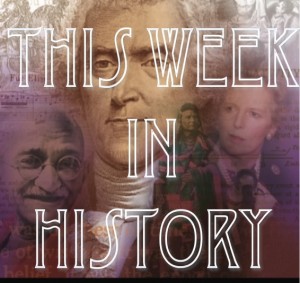 Why subscribe to This Week in History?
Why subscribe to This Week in History?
-
it makes learning fun
-
it provides correlated resources for co-ops, classrooms and family learning
-
it cultivates cultural literacy
-
it helps fill in the gaps
-
it harmonizes with Unschooling, Charlotte Mason, Montessori, Trivium/Quadrivium, IEW, eclectic, classical, TJEd, and so on.


